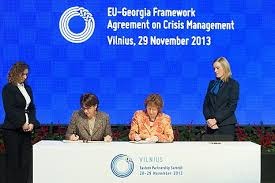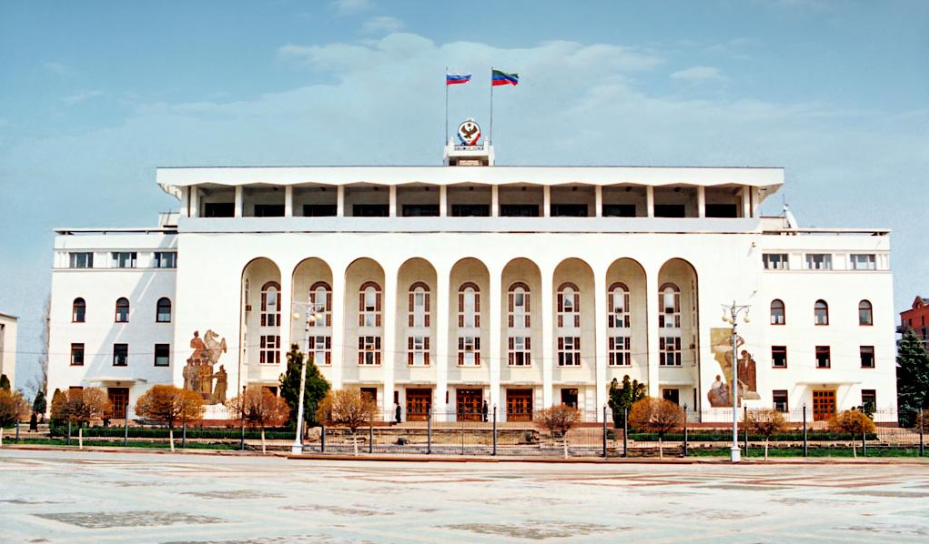“CACI Analyst, January 08, 2014”
Opposition under Fire in Georgia
By Archil Zhorzholiani (the 08/01/2014 issue of the CACI Analyst)
The post-election period in Georgia, and especially December 2013, has been marked with a new wave of prosecutions against the main opposition party United National Movement (UNM).
“CACI Analyst, December 11, 2013”
Reaching The Summit: Implications of Vilnius for Georgia
By Stephen Jones (the 11/12/2013 issue of the CACI Analyst)
The November 29 initialing of Association Agreements (AA) in Vilnius between the EU on the one hand, and Georgia and Moldova on the other, have been interpreted almost exclusively in geo-political terms. The reasons for this are at least twofold: Armenia’s and Ukraine's withdrawal from their initial commitment to sign under pressure from Russia, and Russia’s own intervention in the process. Russia, behaving like something between a regional hegemon and a Cold War remnant defending its sphere of influence, framed the Vilnius Summit as a stark choice between East and West.

Dagestan's New Administrative Division Reflects Governance Crisis
By Valeriy Dzutsev (the 11/12/2013 issue of the CACI Analyst)
In a surprise move, Dagestan’s President Ramazan Abdulatipov has decreed to divide the republic into four sub-regions, each of which will have a plenipotentiary representative of the republican president. While Abdulatipov reassures the public that the move will strengthen Dagestan's unity, there is also a risk that it may worsen the conflict in the republic and increase demands for its actual division. The government’s decision to substitute substantive reforms in Dagestan with an administrative reshuffle is unlikely to resolve the conflict-prone republic's pressing problems.



